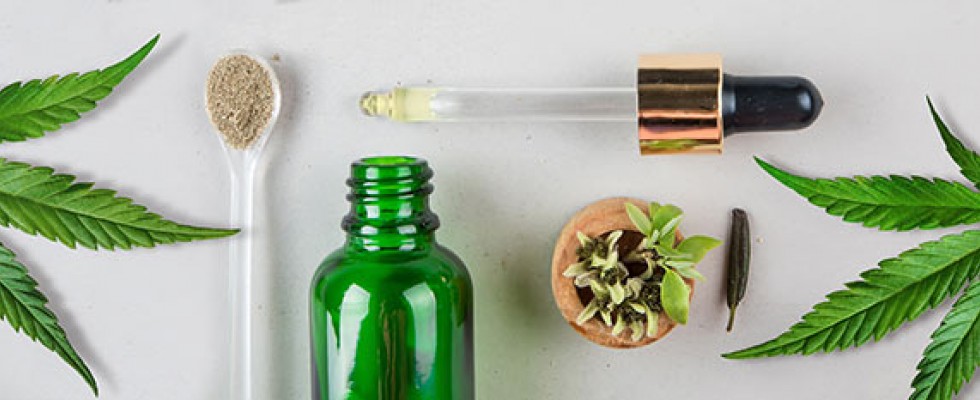
6 questions to ask before deciding if it’s right for your business
Thursday, October 3, 2019
CBD is booming—there’s no doubt about it. The tinctures, oils and creams that promise to cure many ills sold an estimated $620 million worth in 2018. And growth is expected to continue at a skyrocketing rate. An analysis released earlier this year by BDS Analytics and Arcview Market Research predicts that the U.S. market for CBD sales will surpass $20 billion by 2024. Is CBD right for your business? Home medical equipment (HME) providers may have questions before deciding whether to jump on the opportunity. HomeCare talked with three major CBD vendors—all active in the HME market and optimistic about future growth, especially the prospects of selling to seniors—to find out what to ask.
